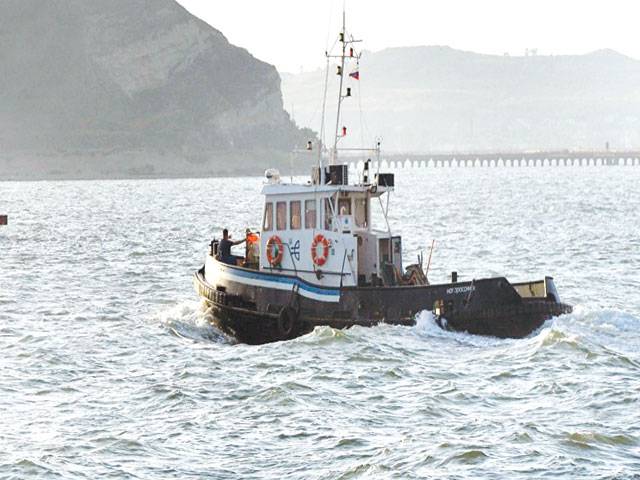MOSCOW - Russia is not increasing its military presence in the Sea of Azov, its forces there are guarding the Crimean Bridge, Russian Foreign Ministry spokeswoman Maria Zakharova said Wednesday.
“Russia is not increasing its military presence in the Sea of Azov, there are no Russian naval bases there, the forces that are there are used to guard the Crimean Bridge. I will remind you that from the very beginning of statements about this infrastructure facility’s construction plans, we have heard direct calls by Ukrainian officials — politicians and security officials, who obey the Kiev regime — to destroy it. These forces are also used to ensure the safety of navigation,” Zakharova said at a briefing.
Commenting on the UN General Assembly’s resolution drafted by Kiev on the militarization of Crimea, Maria Zakharova said that such initiatives were a cover for the failed domestic policy of the Ukrainian authorities and did not contribute to solving the crisis in the country.
According to the spokeswoman, “Kiev’s counterproductive anti-Russian initiatives at the UN General Assembly and other structures and bodies of the global organization unfortunately only serve as a cover for the failed domestic policy of the country’s leadership and do not contribute to resolving the internal Ukrainian crisis.”
The remarks come after the UN General Assembly passed the resolution on the Azov Sea calling on Russia to stop restricting navigation in the Black Sea and the Sea of Azov.
On November 25, Ukraine’s Berdyansk and Nikopol gunboats and the Yany Kapu tugboat illegally crossed the Russian maritime border as they sailed toward the Kerch Strait, the entrance to the Sea of Azov. Russia seized the Ukrainian vessels and detained 24 crew members after they failed to respond to a demand to stop. Russian President Vladimir Putin has said that the incident was a provocation prepared in advance as a pretext to introduce martial law ahead of Ukraine’s upcoming presidential election.
Crimea rejoined Russia in 2014, when 97 percent of those who participated in the referendum on the matter supported the reunification. The results of the vote were rejected by almost all countries, including Ukraine, which insists that Crimea is still a part of its territory. Moscow, in turn, repeatedly stated that the referendum was held in accordance with international law and was legitimate, stressing that Crimean residents voluntarily chose to rejoin Russia.






